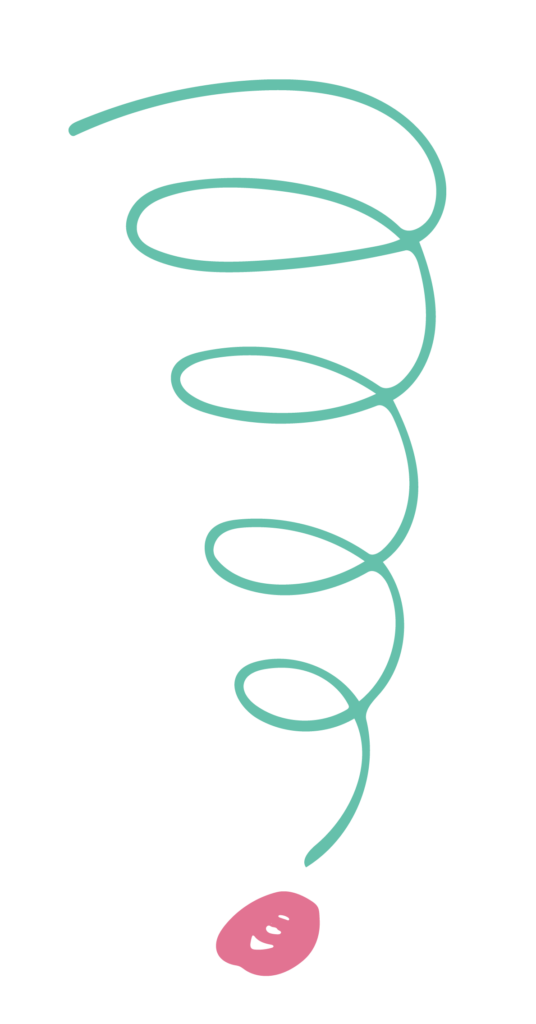Recognising Automatic Negative Thoughts
It can help to be more aware of the anxious or negative thoughts that can feed the Vicious Cycle and increase your anxiety.
Automatic Negative Thoughts (ANTs) are the thoughts that often pop up automatically in the brain and cause unpleasant feelings. Some examples of this ‘short-cut’ way of thinking are: ‘I’m stupid’, ‘I’m a bad mother’, ‘I’m not pretty enough’, ‘I’m a failure’, ‘I’m rubbish at my job’.
Recognising your ANTs is the first step to challenging them. Download the ANTs and unhelpful thinking styles sheet to help you identify any ANTs and find ways of changing them.
Automatic Negative Thoughts (ANTs) and unhelpful thinking styles
Catastrophising or ‘what if’ thinking is particularly common. Life is full of uncertainties and it’s easy to worry about all the possible things that might go wrong.
- What if I lose my job and can’t pay my mortgage?
- What if I get sick and can’t work?
- What if my boyfriend finds someone else?

This kind of worrying can’t stop bad things happening and can lead to a spiral of worrying which feeds the vicious cycle. Worrying about things that might happen in the future can also stop you enjoying life in the present.
The Worry spiral sheet shows how one small thought can spiral out of control and gives you help to keep these worries under control.
The Worry spiral
MindWell self-help activity
You will need to print off worksheets or download them to a computer or laptop to complete these activities.
Keep a Thought diary
Keeping a record of your thoughts in a Thought diary can help you to look at whether you’re having thoughts which are unhelpful or inaccurate.
Use the diary to note down when you have had an ANT that has given you an unpleasant or distressing feeling. You can use the ANTs and unhelpful thinking style sheet to identify which kind of ANTs you tend to think.
Writing down your thoughts in this way helps to highlight patterns of thinking and helps you to challenge ‘thinking errors’.
Do you often assume something is true just because you have thought it? Do you presume what someone else is thinking or try to predict the future, expecting something bad to happen?
Thought diary
Change unhelpful ways of thinking
Once you’ve used the Thought diary to identify your ANTs, you can then look at these thoughts in more detail and change any unhelpful ways of thinking. Trying not to think these thoughts can just make your anxiety worse – it’s much better to challenge them and tackle worries directly.
Download the Ten steps to challenging an unhelpful thinking style worksheet to help you question just how inaccurate your thoughts are and help you adopt more positive ways of thinking.
